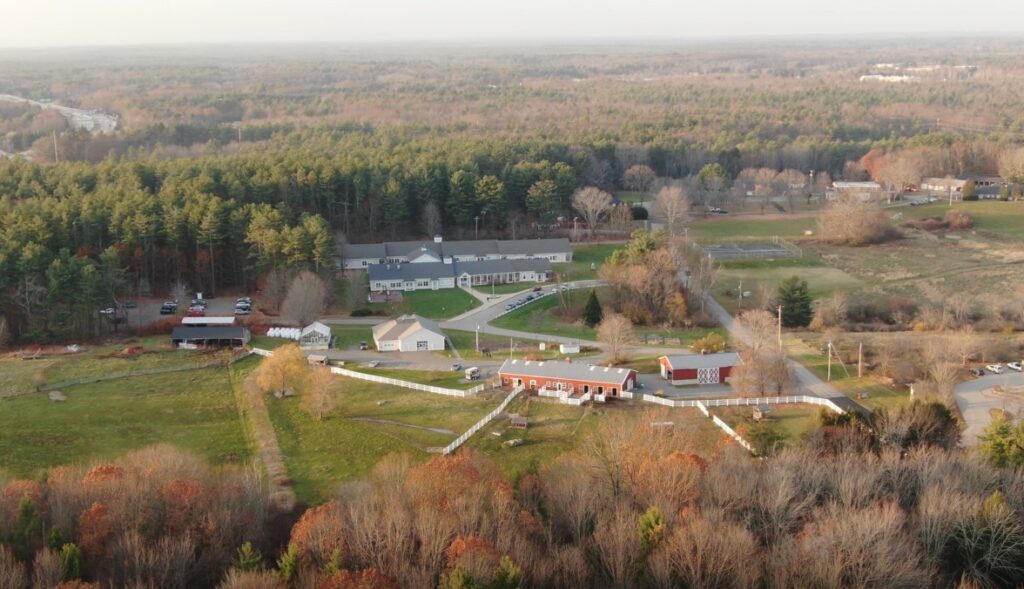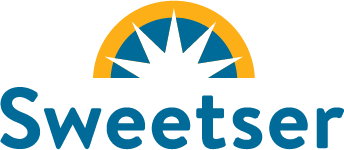
Designed for students with behavioral, emotional and/or learning disabilities who are experiencing difficulty learning in a traditional classroom, our one-of-a-kind program offers them the opportunity to develop the academic, social, and behavior skills necessary to reach their goals. Our staff collaborates with school districts and classroom teachers to meet Individualized Education Plan (IEP) goals in math, reading, writing, and science using specially designed instruction and project-based learning.
Our low student-teacher ratio ensures students receive individual support. We use a variety of hands-on teaching methods and behavioral support techniques. Students blossom under the guidance of instructors, who demonstrate skills and then allow students to try for themselves.
Students benefit from seeing a project through from start to finish. These positive experiences not only help students with their current educational goals, but also promote good work habits and collaborative skills applicable throughout their lifetime.
Program Goals

 Farm Science
Farm Science
At Ricker Farm on our Saco Campus, the Farm Science classroom exposes students to in-depth activities such as maple sugaring; seed to harvest growing; canning and preserving fruits and vegetables; sales and marketing; career preparation; merchandising; customer service skills; and pro-social activities. Farm learning components include:
- Plant and animal science
- Horsemanship and animal husbandry
- Outdoor education
- Gardening and agriculture
- Equipment operation and Safety
- Knowledge of working farm issues
- Community outreach though student-led educational tours
The program also uses a greenhouse and cold frame environment, along with the outdoors, to offer students the opportunity to learn basic operations. Greenhouse learning components include:
- Maintenance and tool safety
- Plant propagation
- Basic plant science
- Seasonal sales and merchandizing
- Research and experiments
 Engine Technology
Engine Technology
Students in our Engine Technology classroom gain fundamental, hands-on experience working with tools for repair projects on bicycles, small engines, and automobiles. Students learn tool safety, and work with hand and power tools, as their ability allows. Learning components include:
- Small engine, lawn mower and bicycle repair
- Automotive reconditioning and body work
- Engine tune-up, oil changes and brake system repair
- Tire changes
- Car stereo installation
- Welding
 Woodshop
Woodshop
This classroom offers students a variety of hands-on activities and project-based learning, in woodworking and general carpentry. Students are taught proper safety, including hand and power tool operations, as well as on-the-job site safety protocols. Through specially designed instruction, students understand and demonstrate math computations and basic woodworking skills. Learning components include:
- Measuring
- Addition, subtraction and multiplication
- Basic geometry
- Cost analysis
- Design
 Culinary Arts
Culinary Arts
A large, vibrant classroom houses the student kitchen and café, which the students help run. Students work with staff to prepare special lunches and treats. They develop menus with weekly themes, and learn food prep and cooking skills. Students create food displays, stock products, assist customers, and run the register. They also cater agency-wide events. Learning components include:
- Units of measurement
- Budgeting
- Event planning and coordination
- Customer service & money exchange
- Sales and marketing
- Meal planning and prep
- Communication skills
- Following written and oral directions
 Media Arts
Media Arts
Students gain foundational skills in the fields of portfolio development and computer skills while in this unit. Learning components include:
- Event flyers and culinary menus
- School newspaper
- Mural design
- Event planning & coordination
- Event photography
- Field trips to local art-related businesses
- Portfolio development
- Research project
